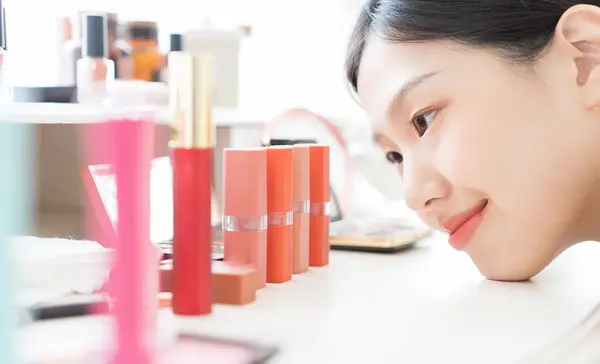Policy & Regulation
Indonesia Claims Most Illegal Cosmetics in the Country Originating from China

Indonesia Seizes Illegal Cosmetics: A Growing Concern in the Beauty Market
Indonesia has taken significant action to address the growing issue of illegal cosmetics in the country. The Indonesia Seizes Illegal Cosmetics campaign, led by the Food and Drug Monitoring Agency (BPOM), has uncovered alarming findings. Most of these illicit products, often originating from China, pose serious health risks due to harmful ingredients like mercury, hydroquinone, and steroids.
Indonesia Seizes Illegal Cosmetic: BPOM’s Recent Actions Against Illegal Cosmetics
In an operation conducted between October and November 2024, BPOM revealed that a large portion of illegal cosmetics circulating within the country is sourced from China. The agency identified products from various countries, including Korea, Malaysia, Thailand, the Philippines, and India. The cosmetics from multiple regions, showing that the issue is widespread across the beauty industry.
Identifying Harmful Substances in Seized Products
BPOM’s investigation has shown that many of these illegal products contain hazardous chemicals. Among the dangerous ingredients found were mercury, rhodamine B dye, hydroquinone, tretinoin, and antibiotics. These substances can cause severe health issues such as skin damage, allergic reactions, and even poisoning. BPOM has been proactive in identifying these threats and taking action against illegal beauty products.
Illegal Cosmetics Found in Popular Beauty Clinics
The illegal cosmetics identified were primarily distributed to beauty clinics across Java. Cities like Bandung, Semarang, Yogyakarta, and Surabaya were key areas where these dangerous products were circulated. BPOM uncovered 208 items with an estimated economic value of Rp4.59 billion. The illegal distribution reached significant quantities, particularly in East Java, West Java, and Central Java.
Strengthening BPOM’s Efforts to Protect Consumers
In response to these findings, BPOM has committed to increasing its supervision and enforcement efforts. The agency plans to collaborate with various institutions and sectors to impose stricter regulations. BPOM’s goal is to protect consumers by preventing the spread of harmful and illegal cosmetics in Indonesia’s beauty market.
Conclusion Indonesia Seizes Illegal Cosmetics : A Call for Stricter Controls
The Indonesia Seizes Illegal Cosmetics operation highlights the urgent need for greater oversight in the beauty industry. BPOM’s continued efforts will ensure safer products for consumers while addressing the risks posed by illicit cosmetics.
Explore more news on this website to stay updated on the latest regulatory actions and trends in the beauty industry.









